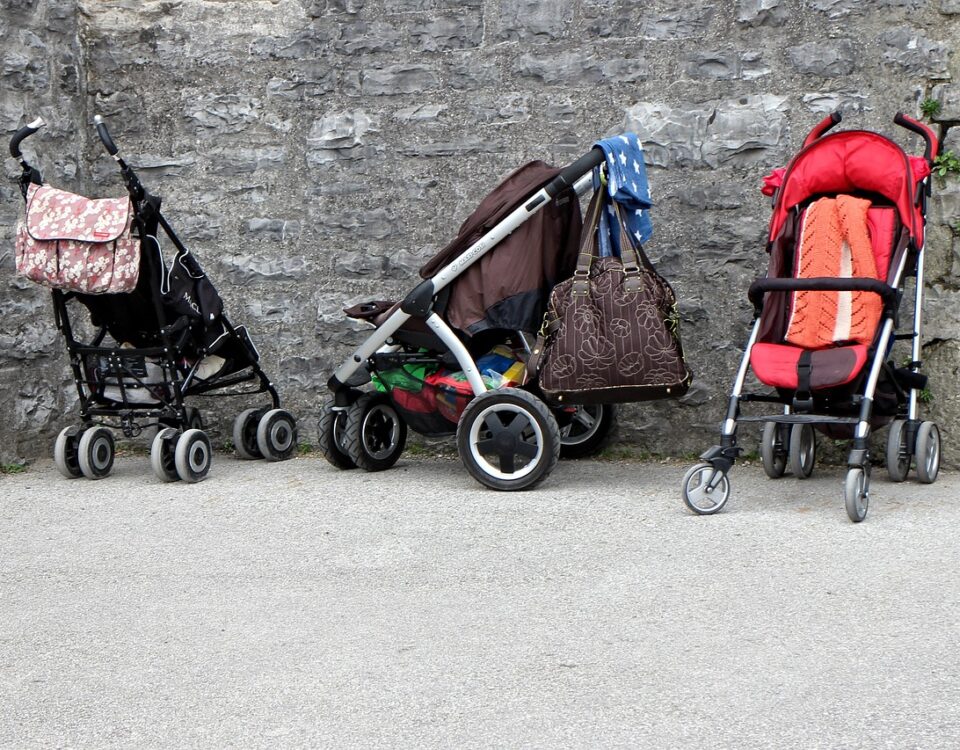
When to Worry About Water
January 23, 2019
More Mind Boggling Facts About Where Our Energy Comes From
January 25, 2019Asked if they’re okay, adults with moms who worked said “Chill. We’re doing great.”
Their response was similar to the answers in a survey that went to more than 100,000 people in 29 countries. The researchers who gathered the data wanted to see if moms who work outside the home influence their children differently from the mothers who stay at home.
They did.
The Working Moms’ Impact
Adult Daughters
Having had a working mom influenced adult daughters at home and at work. In their own homes, they did an average of 55 minutes less housework. Correspondingly they spend 44 minutes more time at work. Also, if their moms occupied mid to high skill positions, it was more likely that they too would be in a supervisory position and have more education. And yes, they also were likely to earn more ($1880) than the daughters of stay-at-home moms.
Adult Sons
Meanwhile, the sons of workplace moms displayed the impact in the home. (Dads had more influence on what sons did at work.) As adults, they were the ones doing the wash, watching the kids, cooking dinner for 50 minutes more a week. (It sounds more substantial when you realize the total is 43 hours a year.) They also had more education.
Why?
The researchers hypothesized that the girls and boys who grew up with a working mom saw more juggling. They saw women with household and work responsibilities who were mothers, wives, cooks, cleaners, and employees. As a result, the daughters realized that work and home could be combined. At the same time the men experienced more gender equality. And when both grew up, the images stuck.
The key finding though was that women need not base a work decision on children. Instead, it is a financial and personal choice. Their kids will be okay, whatever they select.
Our Bottom Line: Social Norms
I would hypothesize that working moms have begun to replace the “Leave it To Beaver” image of the perfect housewife. With adult children that are as successful and happy as their counterparts that grew up with a stay-at-home mom, we have proof that women have a choice. Household specialization by gender need not prevail any longer as couples base marriages on companionship rather than the complementary skills described by Nobel Laureate Gary Becker.
My sources and more: Thanks to HBS Working Knowledge for alerting me to the update on the working moms study and linking me to the paper on which it is based. Then, if you want to read onward, do take a look at the econlife that considers how marriage has changed.
![econlifelogotrademarkedwebsitelogo[1]](/wp-content/uploads/2024/05/econlifelogotrademarkedwebsitelogo1.png#100878)




